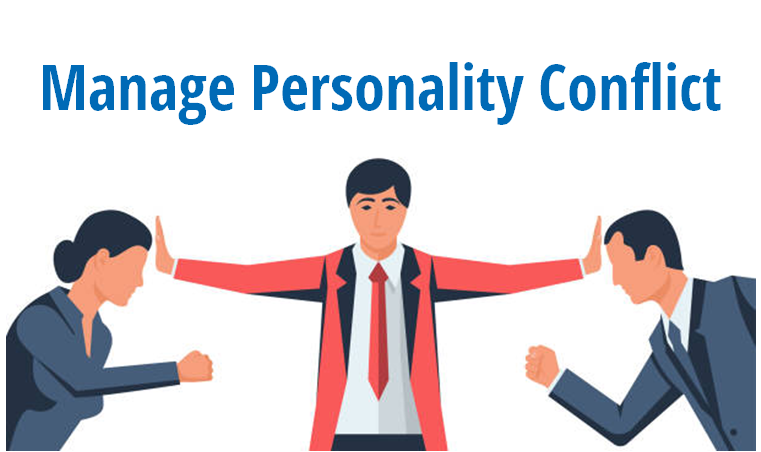
Personality is generally considered to be a collection of emotion, thought and behaviour patterns unique to a person, manifested in such things as their choices. However it is important to understand that preferences are not the biggest influence on a person’s behaviour, as we behave in different ways in different situations and often adapt our behaviour to suit the situation. It is helpful to assess the environment in your club and determine whether your fellow Rotarians see the “tree” or the “forest.”
There are four commonly experienced behaviour types:
TYPE | TITLE | POSITIVE CHARACTERISTICS | NEGATIVE CHARACTERISTICS | TYPICAL OCCUPATIONS |
|---|---|---|---|---|
A | Leader | Entrepreneurial, independent, risk takers, to the point and persistent. | Insensitive to the feelings of others, impatient and dislikes routine (eg. administrative work). | Business Owner, CEO, Sales Management |
B | Socializer | Centre of attention, loves to party / travel, caring and supportive of others. | Very demanding, high maintenance, easily hurt and takes things personally. | PR, Marketing, Media, Travel, Event Planning. |
C | Details, Details | Focused on details, quick to learn new processes, takes things seriously and neat. | Can worry about details too much and ignore ‘people issues’. | Finance, Engineer, IT |
D | Always There | Reliable, loyal, compassionate and responsible. | Resistant to change and motivated by job security rather than growth. | Administration, Operations. |
Then you need to encourage and reward authentic positive behavior. Even when people have ‘opposite’ personalities, if presented with a better understanding of others, we can find reasonable middle ground and adapt our behaviour to suit the situation – Rotarians should be willing to change if that will ensure club success and sustainable community impact.
What sets Rotary apart is the understanding that our diverse and globally oriented organization can thrive, once we all just learn to get along.
Depuis les premiers temps de la civilisation, les philosophes ont essayé de comprendre ce qui fait tiquer les gens. Aristote, Jung et d'autres ont passé un temps considérable à définir les traits de personnalité identifiables et leur impact les uns sur les autres - et à l'ère du DE&I, il n'a jamais été aussi essentiel de connaître les personnalités de tous types et d'être capable de collaborer avec elles.
La personnalité est généralement considérée comme un ensemble d'émotions, de pensées et de comportements propres à une personne, qui se manifestent notamment par ses choix. Cependant, il est important de comprendre que les préférences ne sont pas la principale influence sur le comportement d'une personne, car nous nous comportons de différentes manières dans différentes situations et adaptons souvent notre comportement en fonction de la situation. Il est utile d'évaluer l'environnement de votre club et de déterminer si vos amis Rotariens voient "l'arbre" ou "la forêt".